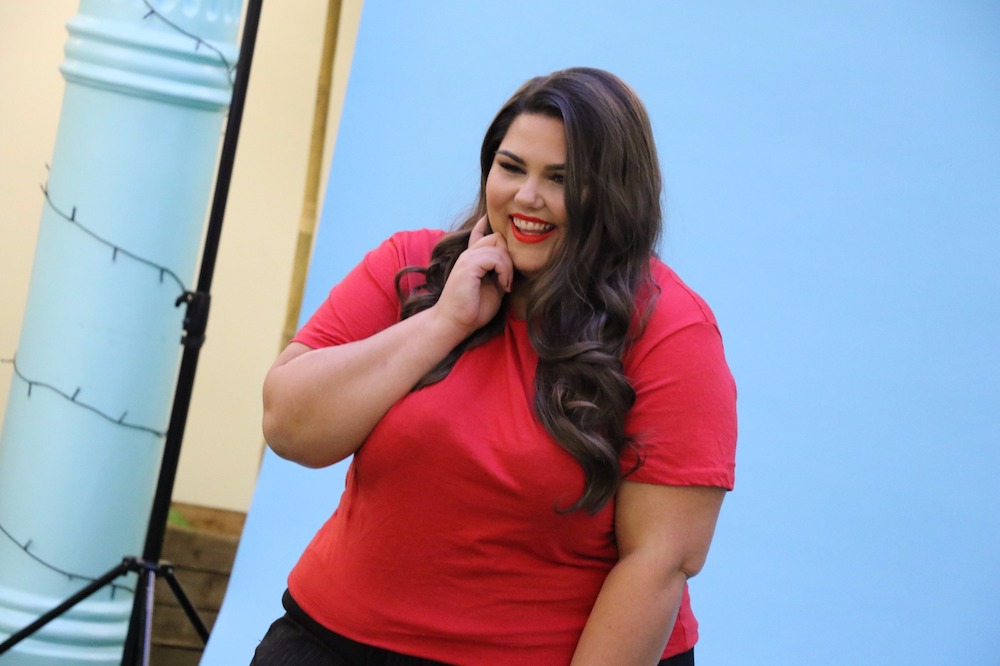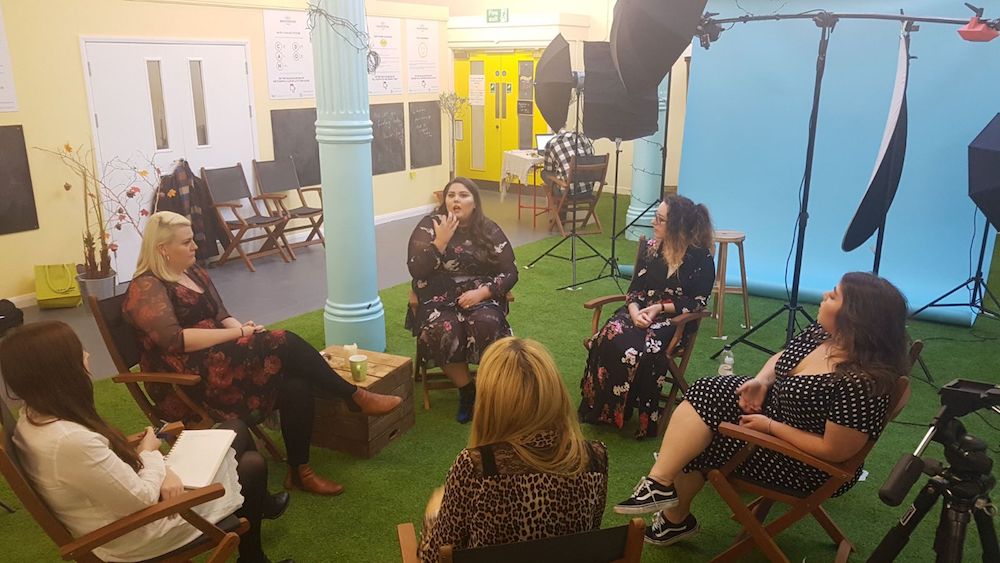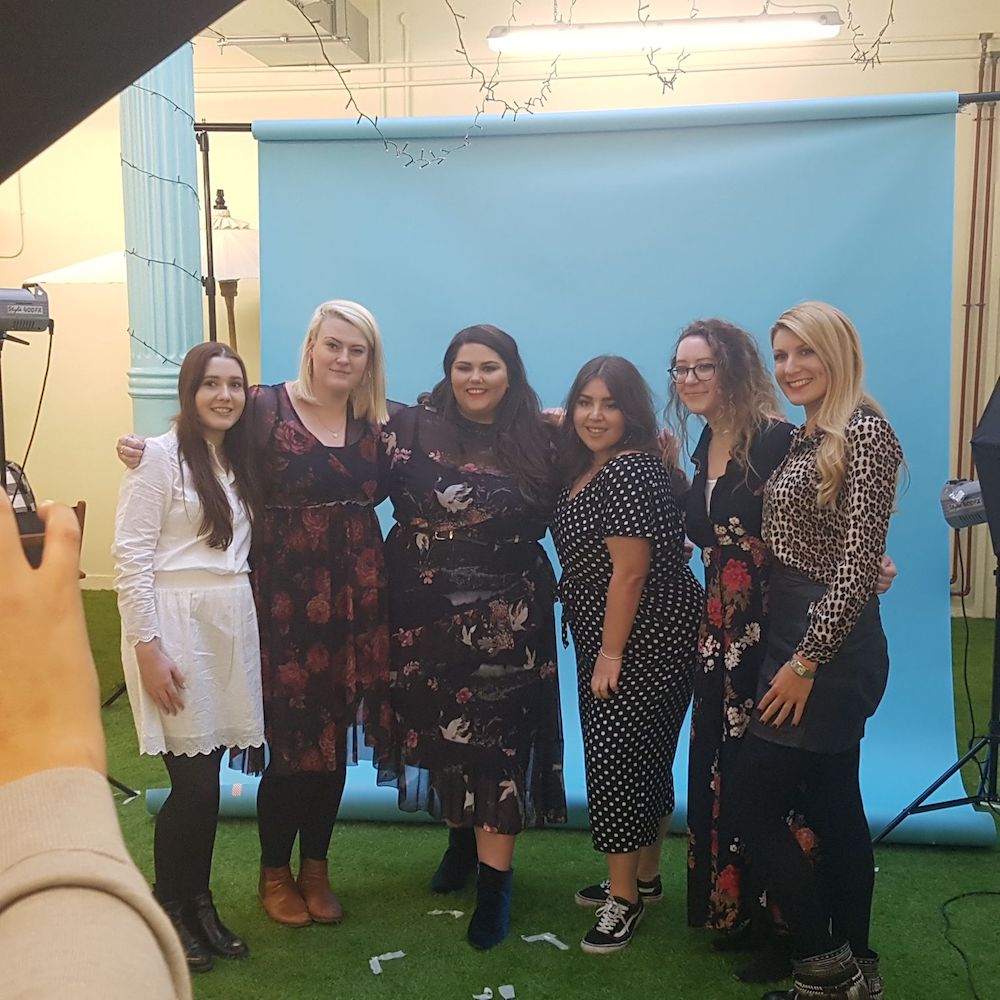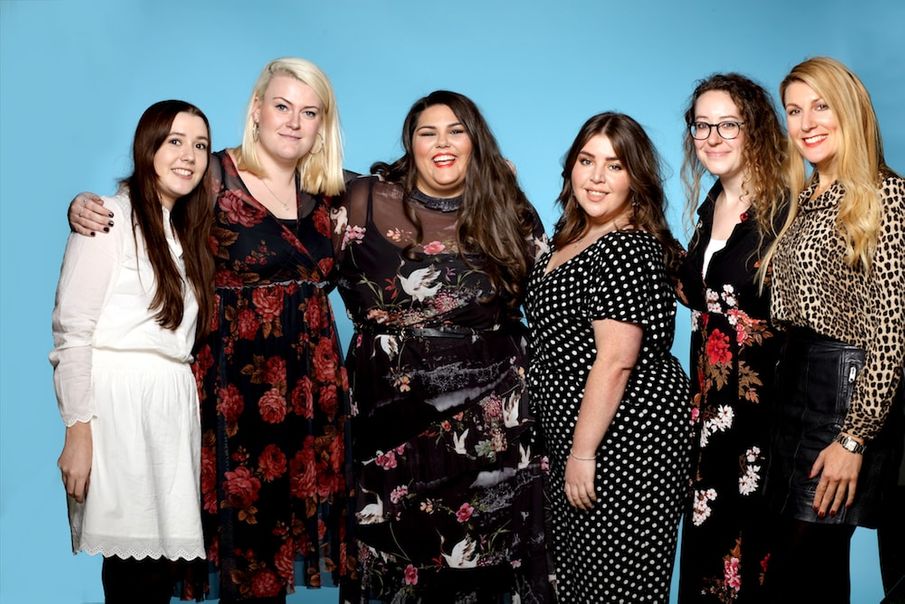What happens when six women get together to talk about self-confidence?
Author and political activist Gloria Steinem was on to something when she said: “The first problem for all of us, men and women, is not to learn, but to unlearn.” When Happiful invited readers to attend a self-confidence workshop, we thought Callie may have tips for leading a happier, more assertive life. We soon discovered there’s no secret formula for self-confidence – it’s about unlearning deep-rooted, self-restricting attitudes instilled in us since before we could talk.

Callie Thorpe
Sat in a circle in the Museum of Happiness in north London, our small group is made of Kat, a marketing communications manager, Megan, a PR manager working in fashion, Alice, a make-up artist, and Elly, a secondary school teacher.
For the next 90 minutes, the conversation flows, touching on everything from getting on the local bus to travelling the world. At some points the mood is sombre, other times playful and heartwarming. By the end, each woman has had a chance to share, support, and be supported. Here’s what we unlearnt:
“I had accepted that I was overweight,” says Callie as she opens up the conversation. “But in my head I was going to lose weight eventually, and that’s when I would finally be happy.” This thought process rang true with a number of the other women in the workshop. “I did the same thing; I attached my happiness to my weight,” says Kat, who battled an eating disorder when she was a teen.
“A few years ago I was in a relationship and I lost five stone,” says Megan. “But I was always conscious about my image and I think that put a lot of strain on the relationship.” How has she tackled that? “I do keep active and eat healthily,” she says. “But it’s not to lose weight, it’s to take care of myself.”

The Callie Thorpe Self-Confidence Workshop
Being a make-up artist to the stars gives you a unique insight into what exactly it means to be “industry standard”, and it’s something that Alice knows all about. “Everyone is vulnerable underneath it all.” She continues: “I thought going into this industry would make things worse for me, but it actually made it better because I see people at their most raw.”
And Kat has her own solution to breaking out of the beauty echo-chamber: “I recently went through Instagram and unfollowed anyone who made me feel bad. I’ve also made a real effort to diversify my feed, so it’s a really positive and creative experience.”
Elly, the teacher of the group, offers us insight into the minds of young people: “As a teacher, I’m always reliving my teenage years, because I’m looking at these young people and the things they say about themselves. It’s heartbreaking, but that was me.” Elly tells us a story of going swimming when she was 10 years old, where a boy made fun of her because she made the biggest splash when she jumped in the pool. At the mention of swimming, the group collectively draws a breath. Megan recently decided she needed to learn how to swim properly. “I bought a swimming costume,” she says. “But I can’t go.”

The Callie Thorpe Self-Confidence Workshop
“Metaphorically, I want to make the biggest splash in my personal life and at work. But put me in a pool and I can’t do it,” says Elly. Callie assures us all that these things take time, but promises to take the group to her local pool for a swim session. “I find confidence is a daily process,” says Alice. “Every day I’m checking in with myself, and that works for me.”
“We’re conditioned from day one to hate ourselves. I had a friend who tweeted the other day, ‘New diet goal: to be able to shop in Zara’,” says Megan. As we go round the circle, every woman can directly pinpoint her insecurities. “We’re all intelligent women here,” continues Megan. “We’re all amazing, intelligent women with careers. There’s no reason any one of us shouldn’t feel confident, and yet here we are.”
So why do we do it? “I think we don’t acknowledge the things that we are good at, and we downplay our talents,” says Callie. “But no one asks you to prove yourself; you do that yourself.”
Callie is right. If there’s one thing we’ve learnt today, it’s that we hold ourselves to impossible standards. Wherever we may have got it from, the media, our parents or our peers, as Kat tells us as we bring the workshop to an end: “It’s our job to break the cycle.”


Comments